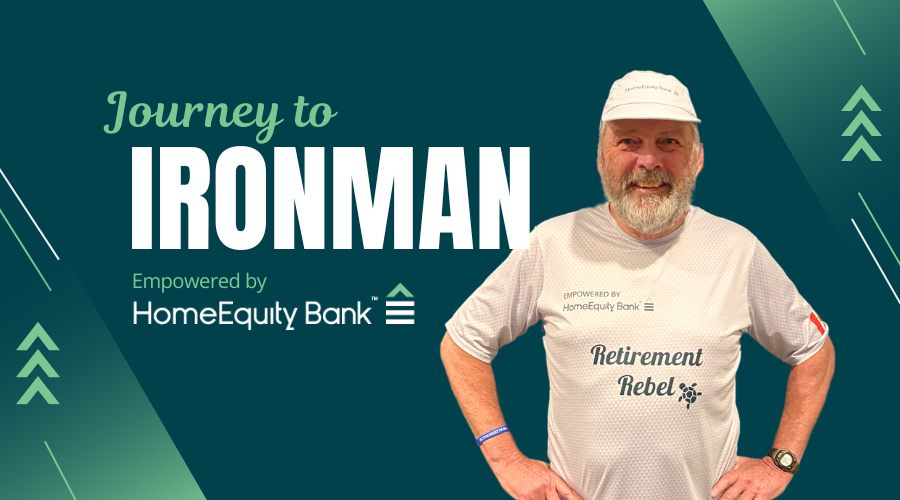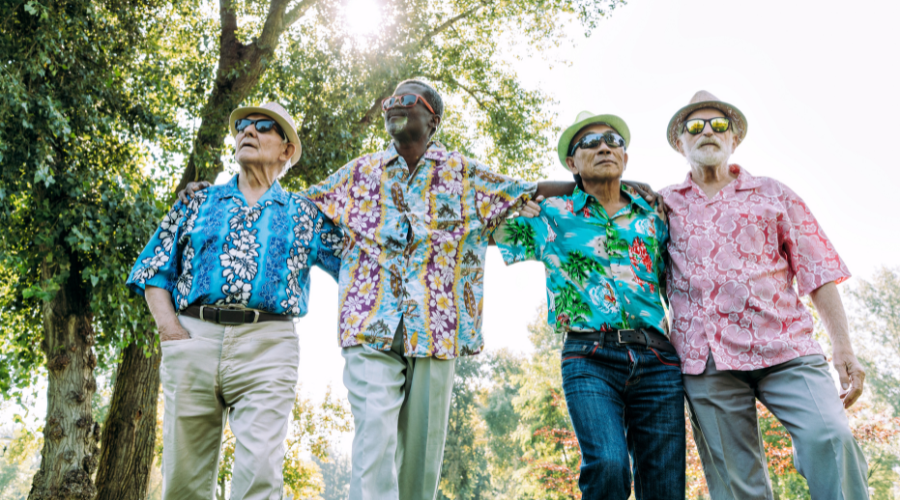In the beginning, retirement is fun and feels pretty good for everyone. No more getting up early for work, no more long brutal commute, and no more stressful days at the office that leave you exhausted at the end of the day. And, perhaps best of all, no more having to take orders from a demanding boss. You can do whatever crosses your mind. You can sleep in or travel to all those places you dreamed about. You can do as many leisure activities as you like and spend lots of time with the grandkids.
You are free as a bird. But, at some point, some retirees (not the comfort oriented ones) will start to rebel against too much relaxation. They know they can’t stay in vacation mode forever. They will feel the need to do something else, something more meaningful, interesting, and challenging because those are the things that make them happy.
I can’t tell you how many stories I’ve heard from people about a family member or friend who wound up miserable after retiring. Many of them had even enjoyed successful careers as doctors, teachers, and senior executives.
They should’ve had a great retirement but didn’t because they no longer had the strong sense of purpose they’d had when they were working. They no longer made a daily contribution that gave their life meaning and coherent.
These are fundamental needs they are born with, a hunger inside them that never goes away. Failure to feed these needs will result in unhappiness, illness, or possibly even death.
Overcoming Retirement Shock
It’s estimated that approximately one in three people will experience retirement shock soon after retiring, which are the same odds of a person getting shingles. But, for some reason, retirement shock seldom gets the attention it deserves.
For the record, I suffered from retirement shock just like my father did, and I had a good friend die from it by drinking himself to death.
Avoiding retirement shock requires finding a new way of filling the big hole that was left behind after leaving our full-time job: something that replaces the positive aspects of our former work; something that is stimulating and challenging; something that gives us a feeling of achievement; something that requires us to learn and experience new things. Those are the things that light us up, and until we find a way of replacing them, we are not going to be very happy.
The happiest retirees are the most prepared. They know what their strongest needs are and find activities that will satisfy them on a regular basis.
They do not suffer from retirement shock, because they are excited by and focused on what they plan to do. They are relaxed and confident because they know exactly what they are going to do after they retire, and why.







